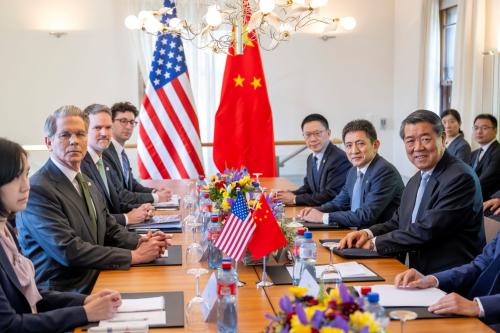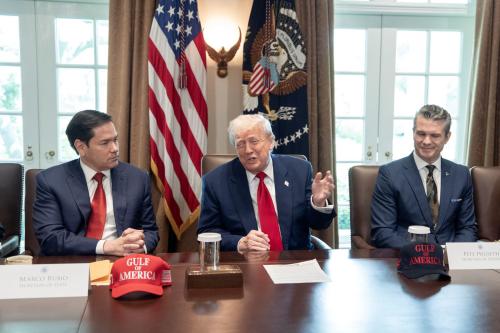The resignation of U.S. ambassador to Kenya, Major General Scott Gration, comes at a critical time as Kenya is preparing for the first general election under its new constitution. The respected Gration served as a special envoy to Sudan before being appointed by President Obama in May, 2011 to replace Ambassador Michael Ranneberger.
In his resignation, Ambassador Gration indicated that he was prompted to leave his post due to differences in his leadership style and disagreement with Washington on priorities. Although he did not provide details, the resignation is unfortunate. First, it is a critical time for Kenya because of the expected political transition in 2013, thus making a stable Kenya-U.S. relationship is crucial. Second, unlike many other diplomats who have been more like activists than diplomats, Gration was all business and seemed to focus on the issues that matter for Kenyans and Americans including issues of trade and more effective engagement of American businesses. Finally, for the short time that he served in Kenya, he was largely a neutral player and did not let himself to be captured by any wing of the coalition government. He was very passionate about Kenya and was the type of diplomat that was certainly good for the country.
There must be good reasons as to why he disagreed with Washington and one could only speculate about the sources of those differences. Some speculate that there were concerns about the ambassador’s recent pronouncements about terror activities in the Coast; differences regarding post-election violence, the International Criminal Court and role of the United States in the forthcoming elections, or even the U.S. position on some social issues and how they might impact U.S. policy in Kenya. It is widely acknowledged among Kenyans that Gration’s approach to the reform agenda may have differed with that of his Washington bosses—all speculation but not far-fetched.
In selecting a replacement, President Obama must be cognizant of the delicate situation in the country. With this in mind, it is imperative to have a substantive replacement as soon as possible. The new ambassador must also be one who respects the wishes of the Kenyan people and should not seek to play politics as some have done in the past. Neutrality in the next general election will be critical not only for United States but also all foreign governments. Furthermore, the new envoy must have a progressive mindset—Kenya is not begging for aid, it is seeking to establish mutually beneficial relationships that can result in sustainable economic growth and job creation. The job of the new ambassador should not be to give Kenyans lectures on issues that they are already well-versed in but to work with them to identify opportunities for development.
The Brookings Institution is committed to quality, independence, and impact.
We are supported by a diverse array of funders. In line with our values and policies, each Brookings publication represents the sole views of its author(s).



Commentary
Why the Resignation of Ambassador Gration is Significant—and Tragic
June 29, 2012